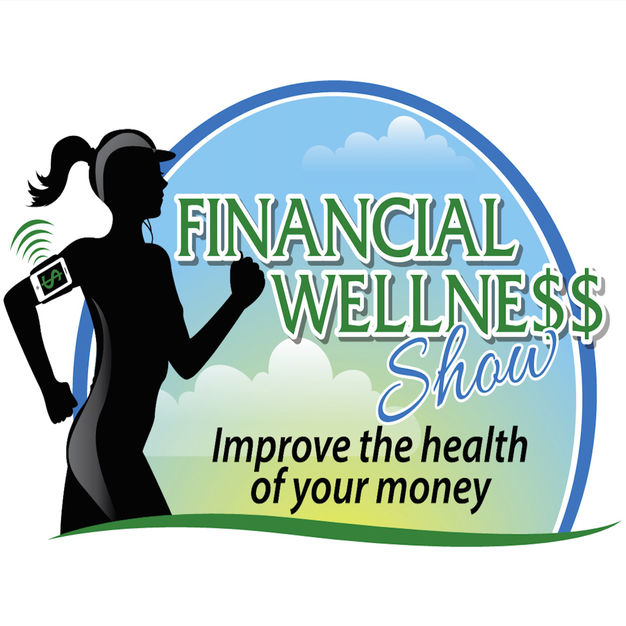🚀 From Google Podcasts to Moon FM in No Time: Your Hassle-Free Migration Guide
👉

The Financial Wellness Show is here to help improve the health and wealth of your money. This show is for anyone wanting to take simple, actionable steps towards making their money go farther and to accumulate more wealth for their future.
Your feedback is valuable to us. Should you encounter any bugs, glitches, lack of functionality or other problems, please email us on [email protected] or join Moon.FM Telegram Group where you can talk directly to the dev team who are happy to answer any queries.